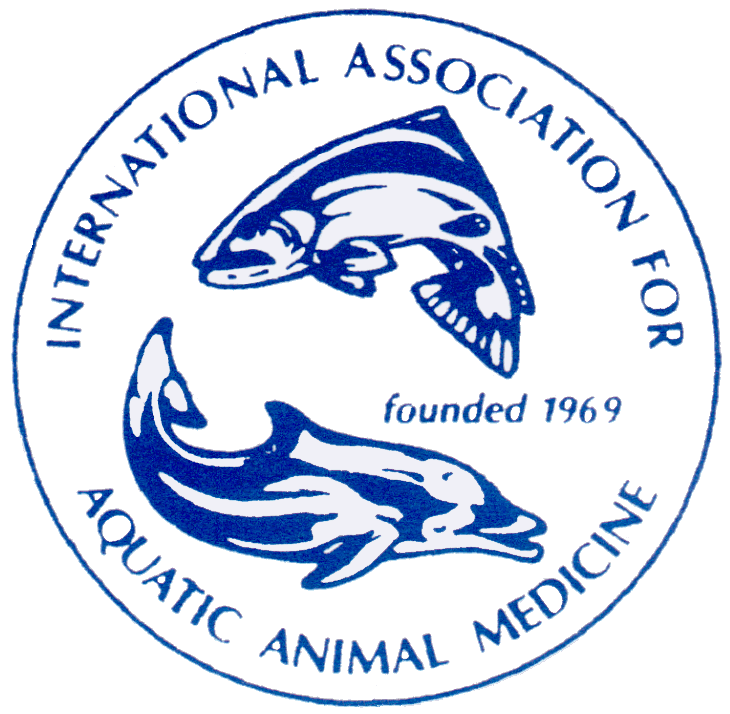IAAAM would like to congratulate Dr. Eric Anderson and Dr. Kat Hadfield on becoming new Diplomates of the American College of Zoological Medicine (ACZM).
In order to become an ACZM Diplomate, one must have several years of professional experience in zoological medicine, be the primary author on at least 5 peer-reviewed publications, and successfully complete a two-day examination.
A qualifying examination occurs on the first day, which includes the medicine of invertebrate, fish, avian, mammalian, amphibian and reptilian species. Candidates who pass the qualifying examination may take the certifying examination on a following day, in one of the following focus subjects: zoological companion animal, general zoo, wildlife, aquatic, avian, or amphibian/reptilian species. Successful candidates for Diplomate status must pass both the qualifying and certifying examinations.
Established in 1983, the American College of Zoological Medicine is an international specialty organization

